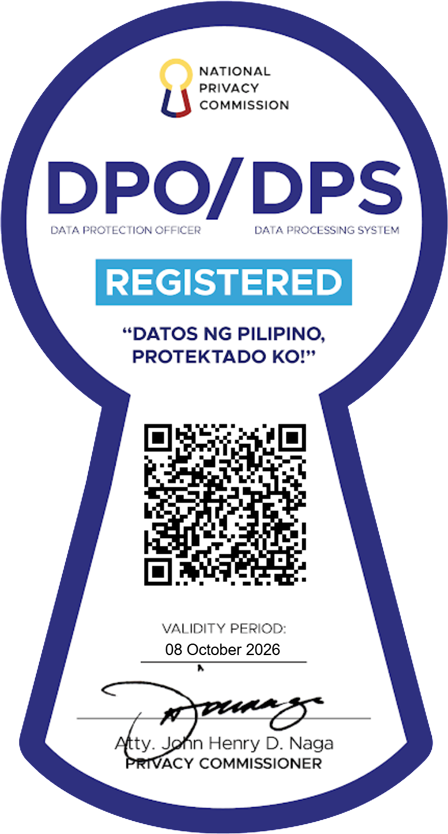In today’s world, conversations about birth control and sexual wellness are no longer taboo—they’re essential. More and more Filipinos are realizing that understanding their bodies and taking control of their reproductive health is not something to be ashamed of. It’s about empowerment, confidence, and self-care.
Whether you’re planning your future, managing your cycle, or simply exploring safer ways to enjoy intimacy, there’s a method that fits your lifestyle. Let’s break down the different types of birth control available today—no judgment, just facts.
1. Combined Oral Contraceptives (COCs)
Also known as “the pill,” COCs contain both estrogen and progestin. They work by preventing ovulation and making it harder for sperm to reach the egg. Many women also use them to regulate their periods, reduce cramps, and improve acne.
Best for: Women who can commit to taking a pill daily and want added menstrual benefits.
2. Progestin-Only Pills (POPs)
If you’re sensitive to estrogen or currently breastfeeding, the progestin-only pill may be the better option. It thickens cervical mucus to block sperm and thins the uterine lining to prevent implantation.
Best for: Breastfeeding moms or women who can’t take estrogen-containing pills.
3. Injectable Contraceptives
One shot can provide protection for up to three months. Injectable birth control is discreet and low-maintenance—no daily reminders, no worries about missing a pill.
Best for: Those who prefer convenience and fewer reminders.
4. Two-Rod Implant
This small, flexible implant is inserted under the skin of your upper arm and provides up to three years of protection. It slowly releases hormones to prevent pregnancy, making it one of the most effective long-term options.
Best for: Women who want worry-free, long-term protection without daily or monthly maintenance.
5. Intrauterine Device (IUD)
The IUD is a small, T-shaped device placed inside the uterus by a healthcare provider. There are hormonal and non-hormonal types available, both offering 3 to 10 years of protection depending on the variant.
Best for: Women looking for a long-term, reversible, and highly effective contraceptive.
6. Mga condom
More than just a contraceptive, condom protect against sexually transmitted infections (STIs). They’re easy to use, accessible, and the only birth control method that also safeguards your sexual health and your partner’s.
Best for: Anyone who wants dual protection—against pregnancy at infections.
7. No-Scalpel Vasectomy (NSV)
A modern and minimally invasive procedure for men, no-scalpel vasectomy is a safe and effective permanent birth control option. It doesn’t affect sexual performance—just fertility.
Best for: Men or couples who have decided their family is complete and want a permanent solution.
8. Bilateral Tubal Ligation (BTL)
For women who are sure they don’t want to have children in the future, bilateral tubal ligation is a permanent method that blocks the fallopian tubes to prevent fertilization.
Best for: Women looking for a permanent and hospital-based family planning method.
Making the Right Choice
Choosing a birth control method is deeply personal. Factors like your lifestyle, health condition, and future plans all matter. What’s important is that you have access to accurate, non-judgmental information at reliable family planning services to help you decide what’s best for you.
Where to Get Reliable Information
When it comes to your reproductive health, always trust credible sources. Visit trust.ph—a reliable platform for all things sexual and reproductive health and rights (SRHR) in the Philippines. From educational resources to information about free counseling and family planning services, TRUST empowers you to make informed and confident choices about your body.
Final Thoughts
Pleasure and protection can—and should—go hand in hand. Understanding birth control isn’t about restriction; it’s about freedom. It’s about taking charge of your health, your choices, and your future. Because every Pinoy deserves a life that’s not only safe, but also full of confidence and joy.








